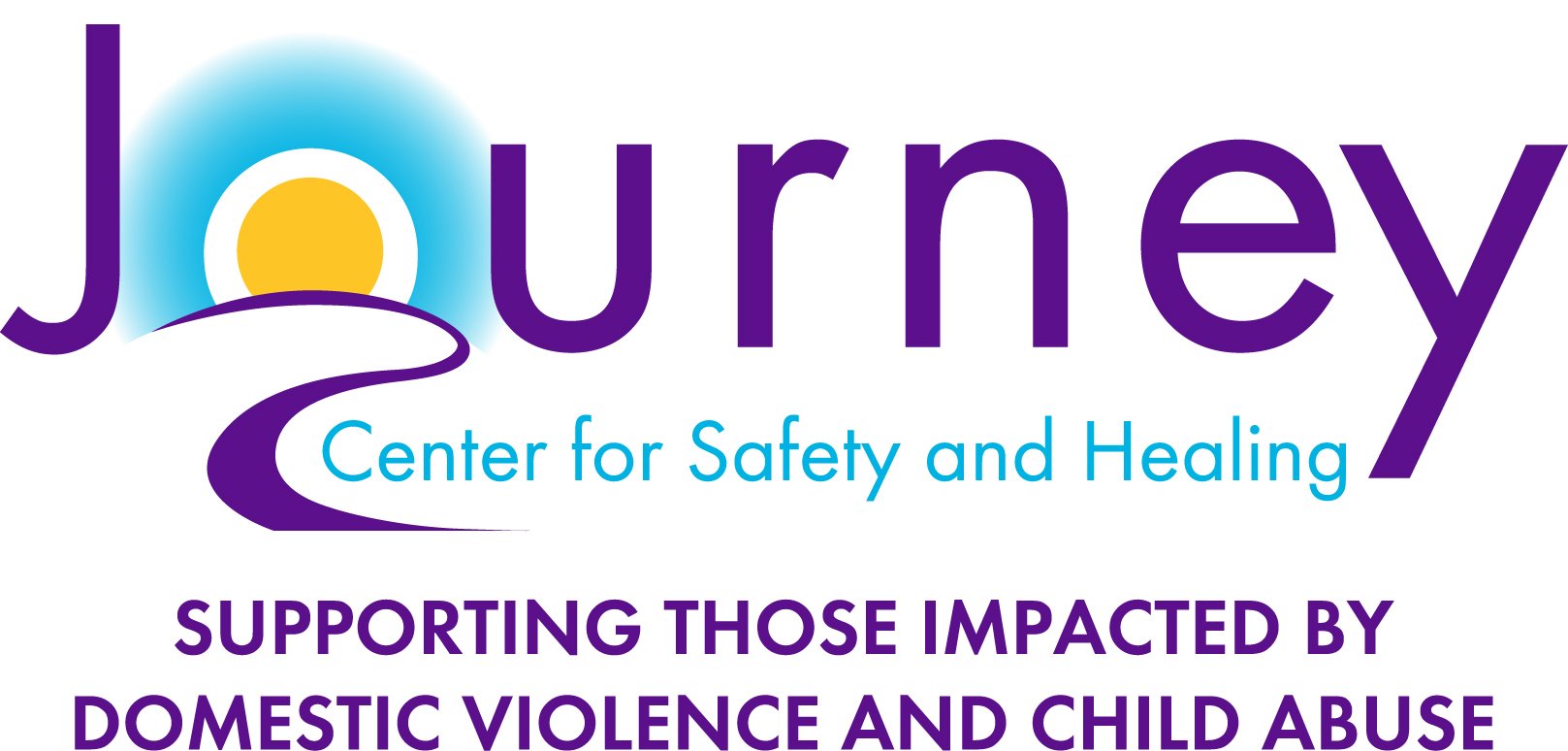Celebrating Activists During Pride Month
The observance of Gay Pride began after the Stonewall riots, a series of gay liberation protests in 1969 that lasted over several days. Today, June is dedicated to the celebration and commemoration of lesbian, gay, bisexual, and transgender (LGBT) pride. Modern-day Pride honors the movement for LGBT+ rights and celebrates LGBT+ culture.
These are just a few of the LGBT+ influential voices who have made history as part of the anti-violence movement. Journey Center is grateful to these, and many other, activists for leading the way.
Ernestine Eckstein
Eckstein was a leader in the New York chapter of Daughters of Bilitis, the first lesbian civil and political rights organization in the United States. She attended "Annual Reminder" picket protests and was frequently one of the only women — and the only black woman — present at early LGBT+ rights protests.
Eckstein was also an early activist in the black feminist movement of the 1970s and was involved with the organization Black Women Organized for Action. According to historians, she viewed the fight for civil rights and LGBTQ rights as intrinsically linked.
Marsha P Johnson
Marsha P. Johnson was an American gay liberation activist and self-identified drag queen. Known as an outspoken advocate for gay rights, Johnson was one of the prominent figures in the Stonewall uprising of 1969.
Following the Stonewall uprising, Johnson joined the Gay Liberation Front and was active in the GLF Drag Queen Caucus. One of Johnson's most notable direct actions occurred in August 1970, staging a sit-in protest at Weinstein Hall at New York University alongside fellow GLF members after administrators canceled a dance when they found out it was sponsored by gay organizations.
Audre Lorde
Lorde, a self-described “black, lesbian, feminist, mother, poet, warrior," made lasting contributions in the fields of feminist theory, critical race studies and queer theory through her pedagogy and writing.
As a poet, she is best known for technical mastery and emotional expression, as well as her poems that express anger and outrage at civil and social injustices she observed throughout her life. Her poems and prose largely deal with issues related to civil rights, feminism, lesbianism, illness and disability, and the exploration of black female identity.
Del Martin
An activist for over 50 years, Del Martin was a founder in 1955 of the Daughters of Bilitis (DOB), the first national organization devoted to lesbian rights. She and her wife, Phyllis Lyon, co-authored Lesbian/Woman (1972), an early defense of lesbians and a call to come out. Martin later served on the board of directors of the National Organization for Women (NOW); was a founder of the Alice B. Toklas Democratic Club (the first such organization in the U.S.); and wrote Battered Wives (1976), exposing the hidden problem of domestic violence.
Andrea J Ritchie
Andrea Ritchie is a Black lesbian immigrant survivor who has been documenting, organizing, advocating, litigating, and agitating around policing and criminalization of Black women, girls, and trans and gender nonconforming people for the past three decades.
She co-founded the Interrupting Criminalization initiative with Mariame Kaba, as well as the In Our Names Network, a network of over 20 organizations working to end police violence against Black women, girls, and trans and gender nonconforming people.
Frances Thompson
Frances Thompson was a formerly enslaved black transgender woman and anti-rape activist who was one of the five black women to testify before a congressional committee that investigated the Memphis Riots of 1866. She is believed to be the first transgender woman to testify before the United States Congress.
Thompson's story is an example of a Black woman reclaiming her body after the injustices of slavery, when slaves didn't have the rights to their own bodies. In addition, she sought justice before the US Congress at a time when free Black women did not often have access to legal support.
Journey Center recognizes the critical work that is needed to center the experiences of LGBT+ individuals in order to address the impact of violence on the LGBT+ community.
43.8% of lesbian women and 61.1% of bisexual women have experienced rape, physical violence, and/or stalking by an intimate partner at some point in their lifetime, as opposed to 35% of heterosexual women
26% of gay men and 37.3% of bisexual men have experienced rape, physical violence, and/or stalking by an intimate partner in their lifetime, in comparison to 29% of heterosexual men
Transgender victims are more likely to experience intimate partner violence in public, compared to those who do not identify as transgender
Bisexual victims are more likely to experience sexual violence, compared to people who do not identify as bisexual
LGBTQ Black/African American victims are more likely to experience physical intimate partner violence, compared to those who do not identify as Black/African American
Individuals from communities with histories of discrimination often have less access to services and resources that help reduce risk and increase safety. Journey Center is committed to serving all survivors on their unique path to safety and healing.
If you or someone you know is experiencing domestic violence, call or text Journey Center's 24-Hour Helpline at 216.391.4357 (HELP).
